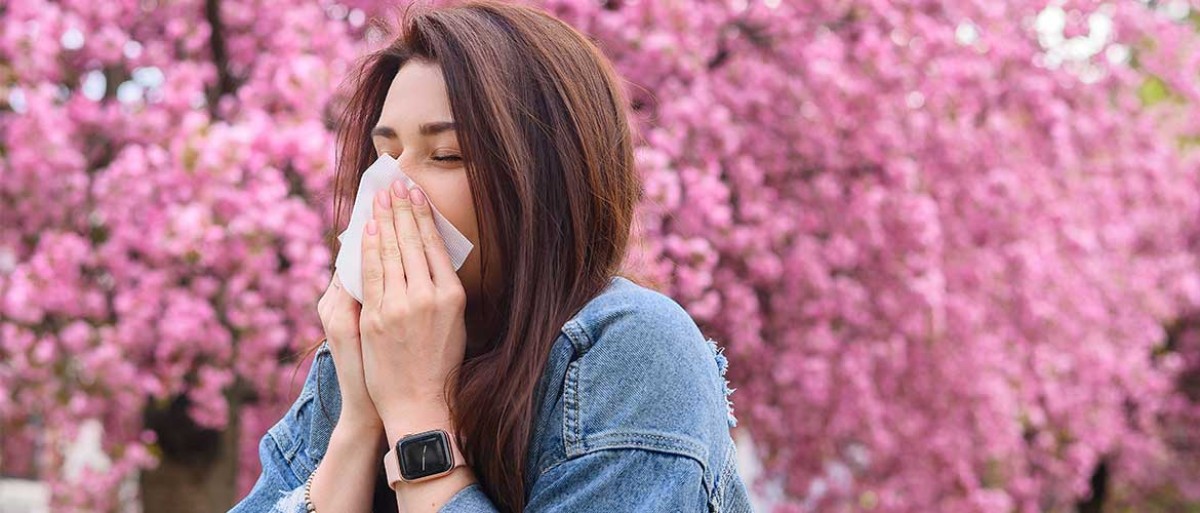Free shipping on orders over 39.00€
Seasonal Allergies: Symptoms, Causes and Treatments

As the weather begins to warm, many people are looking forward to enjoying the outdoors. Unfortunately, for those who have seasonal allergies, this time of year can be a nightmare. The seasonal allergies affect millions of people worldwide, causing distressing symptoms. In this article, we will explore the causes, symptoms and treatments of seasonal allergies.
Symptoms of seasonal allergies:
Seasonal allergy symptoms can vary from person to person, but some common symptoms include:
- catarrh
- sneezing
- cough
- itching
- nasal obstruction
- tearing eyes
- burning in the ears
- sensitivity to light
What causes seasonal allergies?
Seasonal allergies are caused by an overreaction of the immune system to allergens such as: η pollen, mold and animal dander. When these allergens enter the body, the immune system produces histamine, which triggers allergy symptoms. Pollen is the most common allergen that causes seasonal allergies. Pollen from trees, grass and weeds is released into the air during the spring and summer months, causing allergies in many people.
Treatment for seasonal allergies
The best way to deal with seasonal allergies is to avoid them as much as possible allergens. This can be difficult during the spring and summer months when pollen is in the air. However, there are many things you can do to reduce your exposure to allergens. For example, you can stay indoors during peak periods, keep windows closed and use air conditioning. You can also wear mask when you are outside, to reduce your exposure to pollen.
Pharmaceutical Treatment
In addition to avoiding allergens, there are several medications that can be used to treat seasonal allergies. The antihistamines are a common treatment for allergies and work by blocking the effects of histamine. The decongestants can also be used to relieve it nasal congestion, but should be used with caution as they can cause side effects such as increased heart rate and blood pressure. The nasally corticosteroids are another option for treating seasonal allergies and work by reducing inflammation in the nasal passages.
Alternative treatments such as acupuncture and herbs they can also provide relief to some people with seasonal allergies. However, it's important to talk to your doctor before trying any alternative treatment, as they may interact with other medications or have side effects.
Prevention of seasonal allergies
There are several steps you can take to prevent seasonal allergies from occurring. These include the maintaining good hygiene, As the washing your hands frequently, and avoid detonations such as cigarette smoke and strong odors. You can also take steps to boost your immune system by eating a healthy diet, getting enough sleep, and exercising regularly.
In conclusion, MrSeasonal allergies can be annoying, but they don't have to ruin your enjoyment of the spring and summer months. By understanding the causes and symptoms of seasonal allergies, you can take steps to manage them prevention and treatment their. If you're experiencing seasonal allergy symptoms, talk to your doctor about the best treatment options for you. With the right prevention and treatment strategy, you can enjoy the outdoors without suffering from allergies.
Liability Disclaimer
The content of this website does not constitute and cannot be construed as medical advice, diagnosis, treatment or suggestion.
All information is provided to readers by healthcare professionals for informational purposes only. This content is not intended to be a substitute for personalized medical advice, diagnosis, prognosis or treatment.












